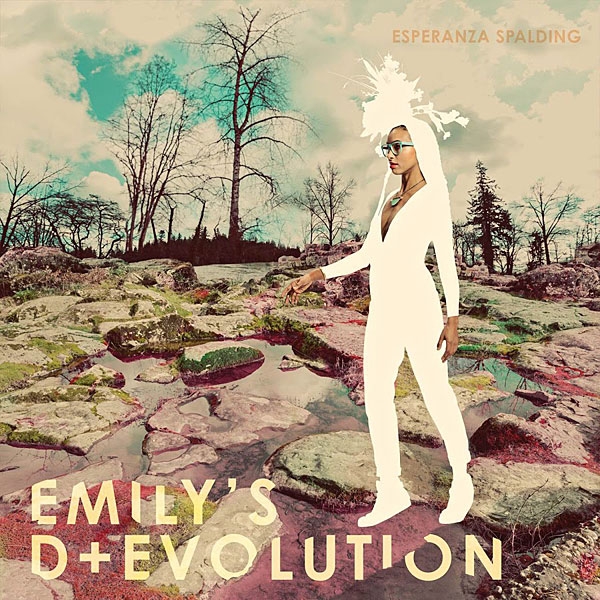| Columns Retired Columns & Blogs |
Where are the decent tunes & melodies??
Her voice is indeed lovely, and clearly she's both a very accomplished instrumentalist and all-round musician; but boy oh boy does she need some quality compositions. I think she could be a future mega-star if her ego will allow her to collaborate with an established writer.
And ditch that crunchy over-chorusy guitar sound too, because it dominates absolutely every other aspect! (I'm guessing it's part of Tony Visconti's approach to give her some 'edge' but it just really grates.)






































